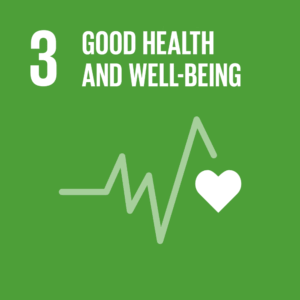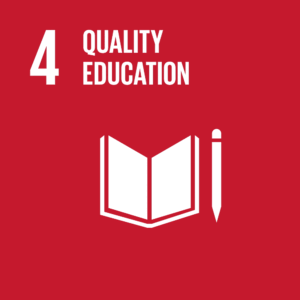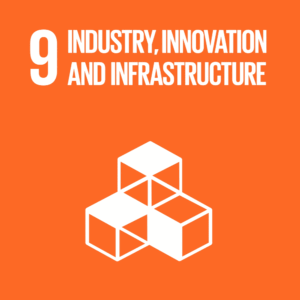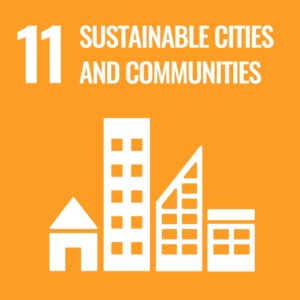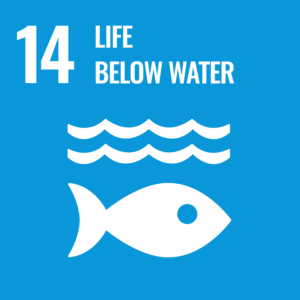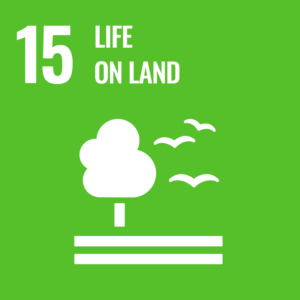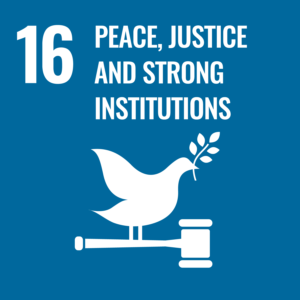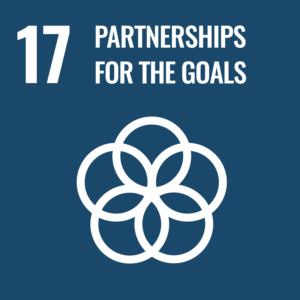The module introduces and acquaints students with various forms of violence, abuses, and violations (VAV) at the individual, interpersonal, community, institutional, (inter and intra) state, international, and in the physical and virtual worlds. Students develop the knowledge and skills for understanding when, where, and why violence may occur, in what contexts, its impacts on victims-survivors and those who are close to them, and why people commit acts of violence. Students also consider potential interventions to deter VAV and the involvement with (non)state actors and potential interventions to support victim-survivors and considerations when working in such contexts. Students are introduced empirical research and develop the skills critically evaluate them from differing positions and by people with disparate interests, and develop the key research tools required to design both qualitative and quantitative empirical research so that they may develop their own projects during their studies and consider careers related to this field of psychology. A key element of the module is to consider the differing forms of VAV and how they apply to, and can be deterred within Egyptian society and the wider region and beyond. Key ethical considerations in relation to working in related professions and conducting research in this field are also considered.
Key taught SDG content:
3. Good Health & Well-being – considering potential legal, government policy, changing social attitudes and relation etc. interventions to reduce VAV all levels impacts positively on individual and social mental and physical health and well-being, and safety, and the need for use of health services declines because the number of related injuries also declines. Appropriate victim-survivor support (e.g., therapies) was also considered.
4. Quality Education – providing British standards in education. For example, in terms of quality and consistency (in line with British Psychological Society markers) of subject specific material (e.g., on the various VAV and related empirical research), transferrable skills (e.g., ethical practices in the workplace, writing for different stakeholders), and soft skills (e.g., keeping motivated, overcoming challenges), and applied to externally and to oneself.
5. Gender Equality – much VAV is gendered. Exploring gendered issues and potential interventions, support, etc. enables students to deploy their learning to their own life contexts and workplace of that is their chosen trajectory.




